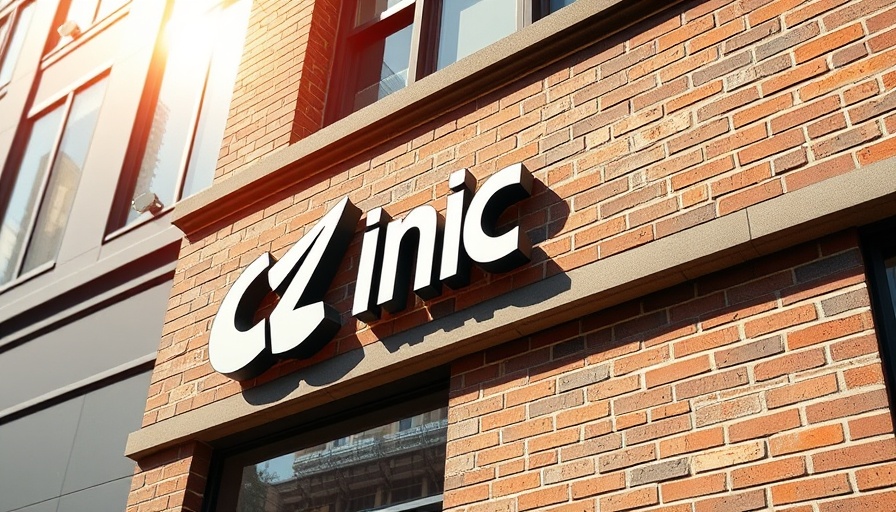
A Crucial Program Faces Uncertain Future Amid Budget Cuts
In a significant blow to small business support, SCORE, the well-known nonprofit dedicated to mentoring entrepreneurs, has seen approximately 60% of its federal funding disappear. This drastic measure, part of the latest tax and spending bill, threatens to unravel the support structure for countless small business owners across the United States. Despite the loss, SCORE's storied history of creating relationships and fostering economic growth raises a pivotal question: can this organization reinvent itself to sustain its mission?
Understanding SCORE's Economic Impact
SCORE has been a pillar of support for small businesses since its inception in 1964, providing extensive free mentoring and guidance to over 300,000 entrepreneurs annually. Remarkably, for every federal dollar invested in SCORE, an astounding $45 in economic benefits has been generated. In 2024 alone, they helped start 58,000 new businesses and created an impressive 144,000 jobs. These numbers aren’t just statistics; they embody the real, transformative power of mentorship and support in fostering entrepreneurial success.
Facing Reality: The Budgetary Constraints
The ongoing dialogue concerning federal budget cuts forces SCORE's leadership to confront crucial realities. With a national debt surpassing $36 trillion, many essential programs face tough scrutiny, and organizations like SCORE can find themselves at risk. As leaders in our communities, we sometimes must make difficult choices about where to allocate limited resources. Although emotionally painful, prioritizing certain budget items over others is necessary for financial sustainability—especially in a time of national economic challenges.
A Potential Path Forward: Reinvention or Self-Sufficiency?
Although budget cuts paint a grim picture, they might also hold the potential for renewal. Could SCORE not only survive but thrive as a self-sustaining organization? By leveraging its extensive network of over 10,000 volunteers, SCORE has the chance to reimagine its model. Some experts suggest that SCORE could develop fee-based services or offer premium mentorship programs to diversify its funding sources. In essence, the organization's infrastructure, brand recognition, and community trust could provide a platform for transforming challenges into opportunities.
Collaboration as a Catalyst for Growth
What's more, SCORE's future could hinge on partnerships with private sectors, local governments, and even educational institutions looking to stimulate entrepreneurship. Such collaborations can provide the necessary resources and innovative ideas that may invigorate SCORE’s mission, ensuring that it continues to aid aspiring business owners while navigating the waters of reduced federal support.
Taking Action: Contributing to SCORE's Mission
It’s crucial for business owners and community members to rally around SCORE during this pivotal moment. By volunteering, donating, or simply sharing experiences about how SCORE has influenced growth, you can be part of a movement to maintain essential mentorship programs in your area. Financial independence may be the goal, but together, we can ensure that mentoring remains accessible for all eager entrepreneurs seeking guidance.
In conclusion, although SCORE faces daunting challenges due to budget cuts, this may be a chance for them to innovate and sustain their mission in new, resilient ways. Let's support SCORE and advocate for the importance of small business mentorship—because a thriving business sector is crucial for our economy.
 Add Row
Add Row  Add
Add 



Write A Comment